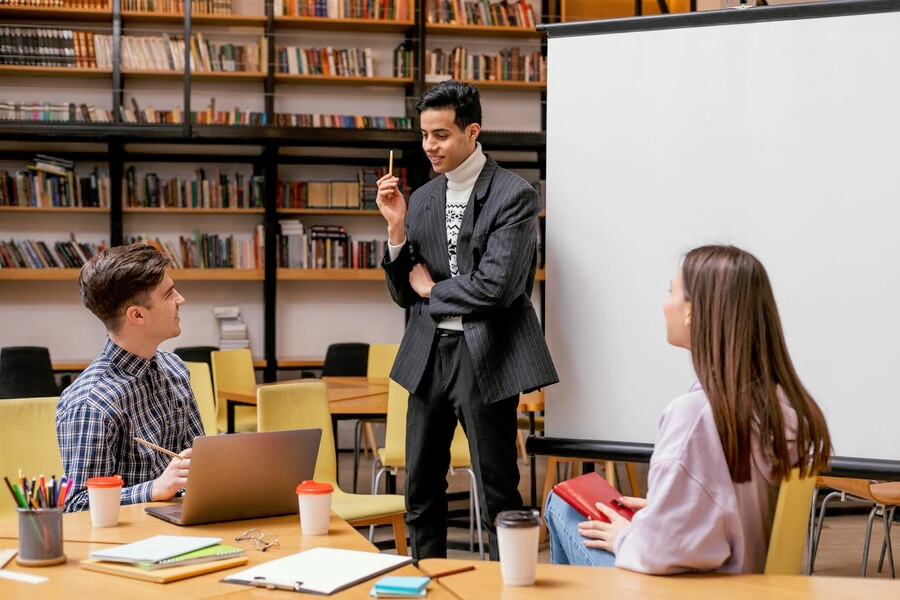The Principles of Education and Training program is designed to provide learners with the foundational knowledge, skills, and attitudes necessary for effective educational practice. This course emphasizes the exploration of fundamental educational principles, encourages reflective thinking, and promotes innovative teaching and training approaches.
COURSE OBJECTIVES
The Principles of Education and Training program aims to provide learners with a comprehensive understanding of key concepts relevant to education and training. Participants will critically analyze various teaching methodologies, explore diverse learning strategies, and develop a reflective mindset conducive to continuous improvement in educational practice. Key focus areas include instructional planning, learner-centered pedagogy, assessment strategies, and inclusive education.
COURSE OUTLINE
The Principles of Education and Training program covers the following essential areas:
- Foundations of Education and Training
- Instructional Planning and Design
- Learner-Centered Pedagogy
- Assessment and Evaluation Strategies
- Inclusive Education and Diversity
- Reflective Practice and Continuous Improvement
STUDENT ACQUISITIONS
Upon successful completion of the course, students will:
- Understand the foundational principles and practices of effective education and training.
- Develop skills in instructional planning and design to create meaningful learning experiences.
- Implement learner-centered pedagogy that prioritizes student engagement and active participation.
- Apply effective assessment and evaluation strategies to measure learning outcomes.
- Foster an inclusive classroom environment that respects diversity and promotes equity.
- Cultivate a reflective mindset that drives continuous improvement in teaching practices.
LEARNING METHODOLOGIES
The Principles of Education and Training program employs a variety of effective learning methodologies, including:
- Exploring foundational concepts: Providing a solid understanding of key educational principles.
- Active reflection: Encouraging learners to reflect on their teaching practices and learning experiences.
- Practical application: Facilitating the application of principles through lesson planning, role-playing, and case studies.
- Learner engagement: Promoting active participation and learner-centered strategies.
- Assessment exercises: Practicing various assessment methods to evaluate student learning.
- Diversity and inclusion workshops: Enhancing understanding of inclusive education through collaborative activities.
- Continuous improvement projects: Developing reflective practice through self-evaluation and peer feedback.
This comprehensive program equips educators with the knowledge and skills required to inspire and motivate learners in diverse educational contexts, preparing them for impactful and fulfilling careers in education and training.



